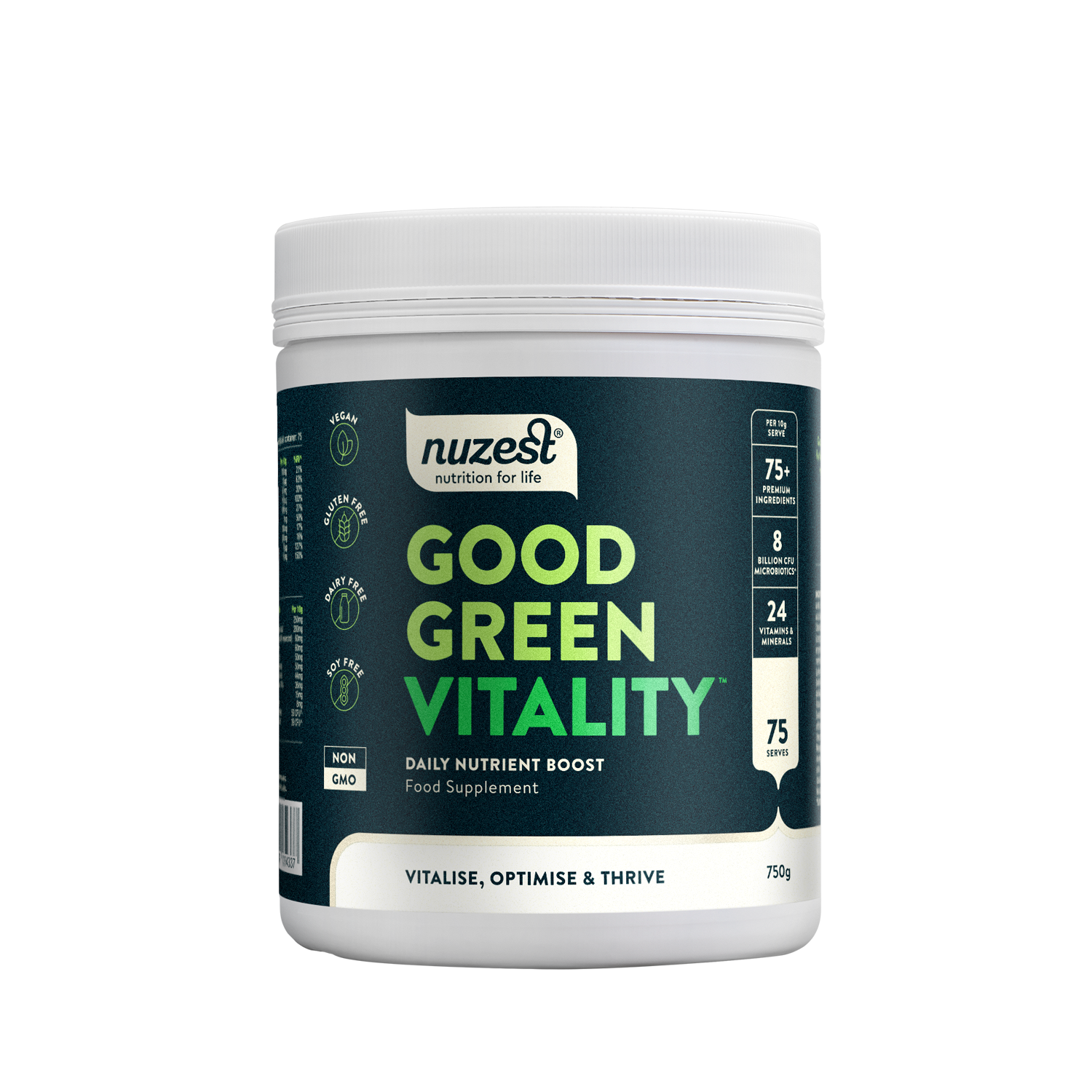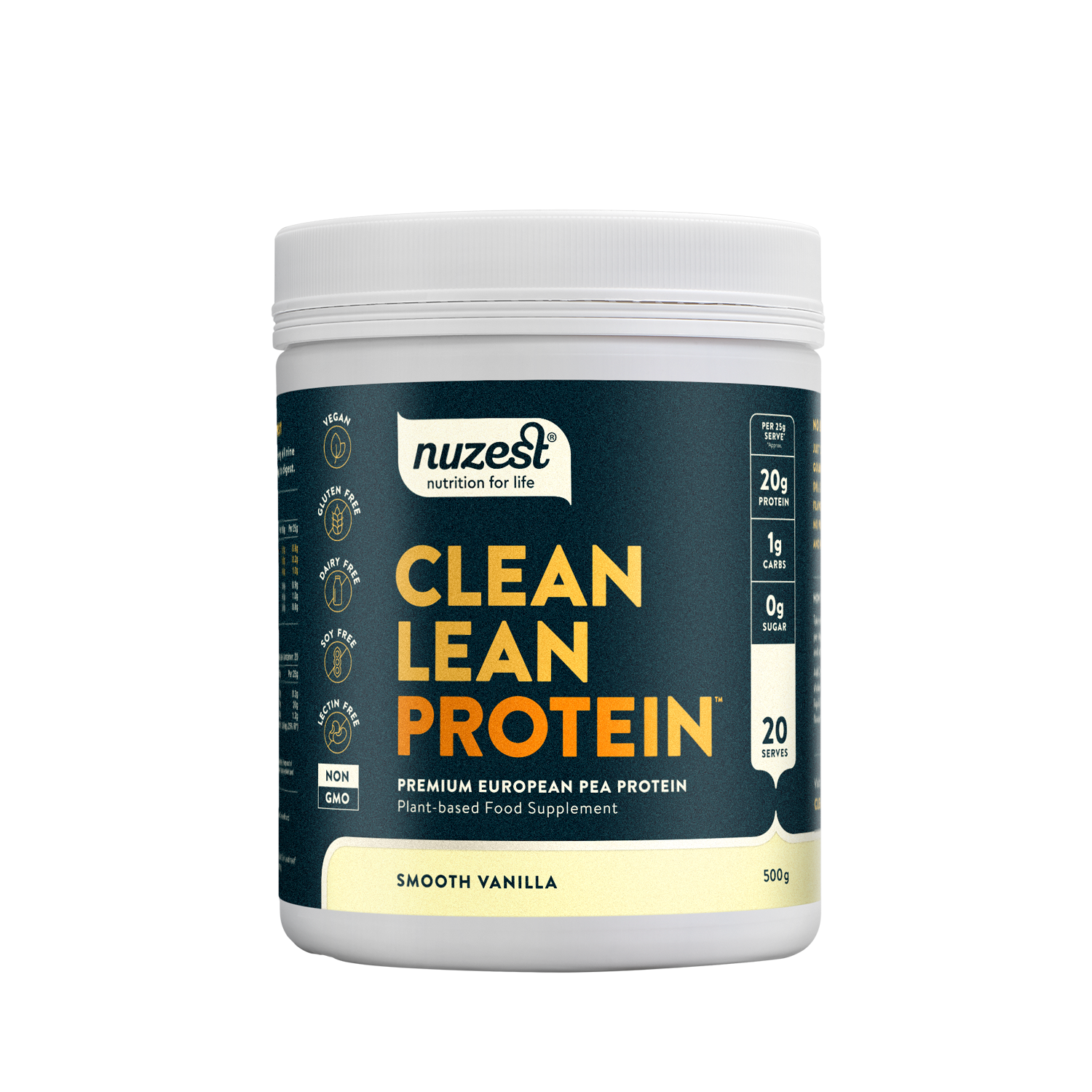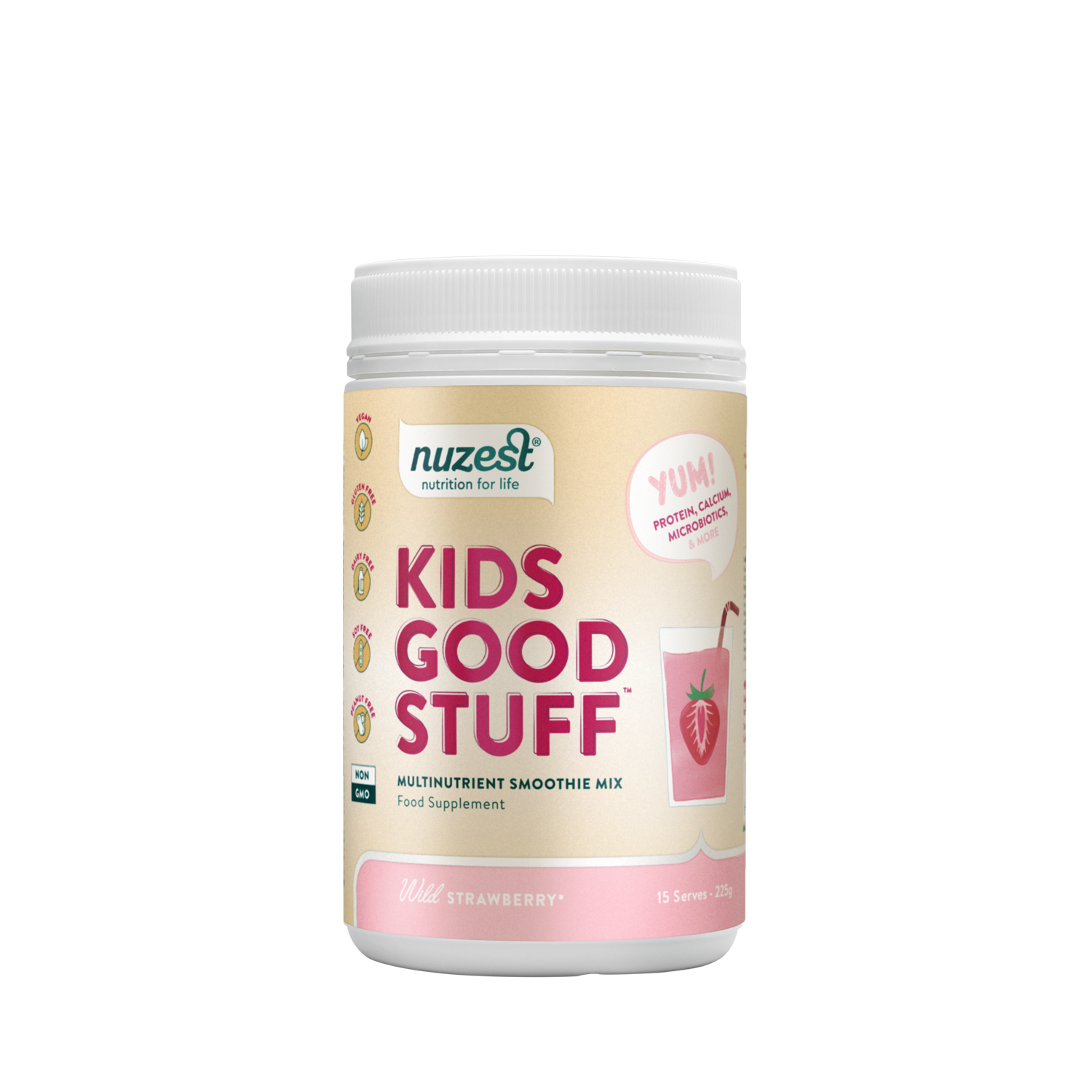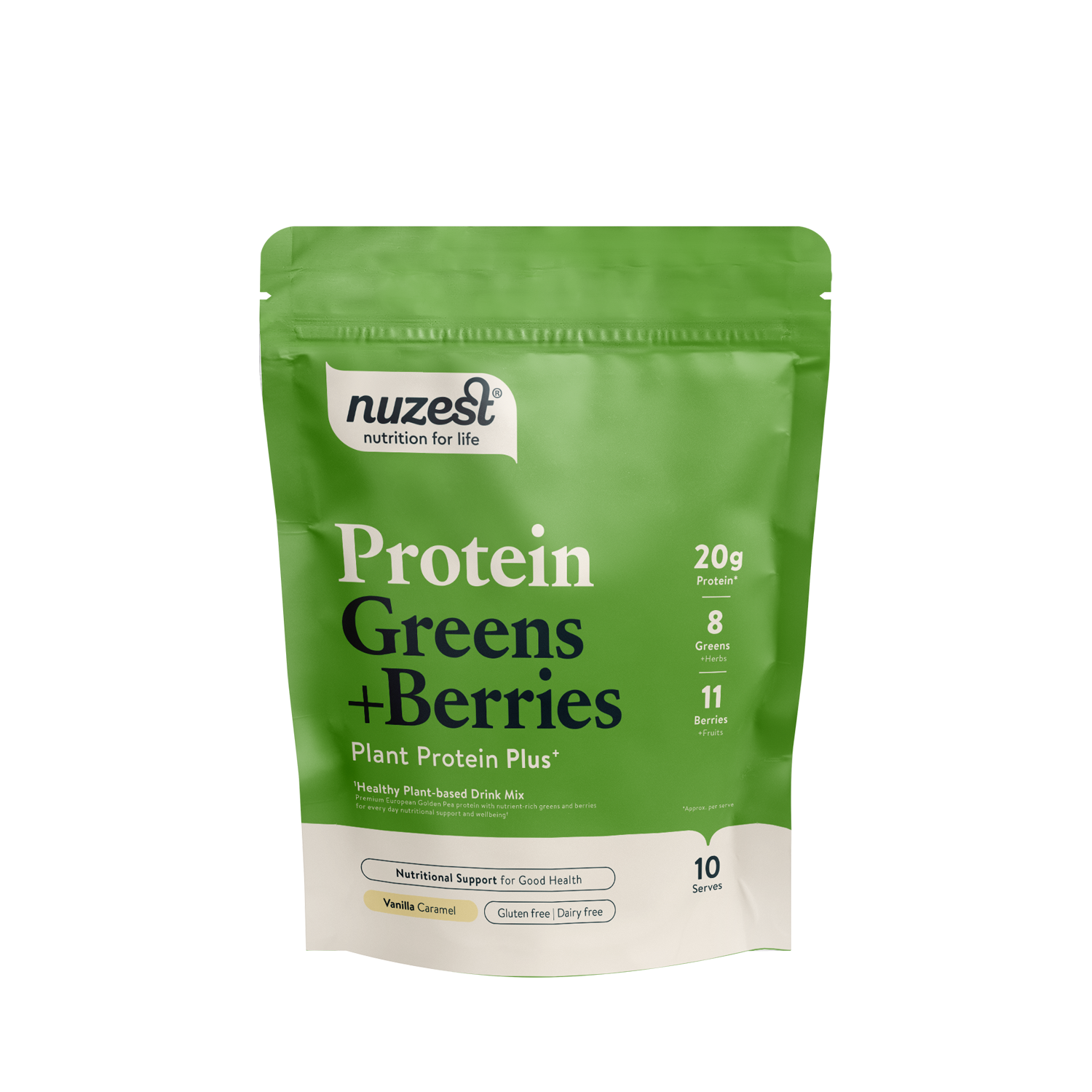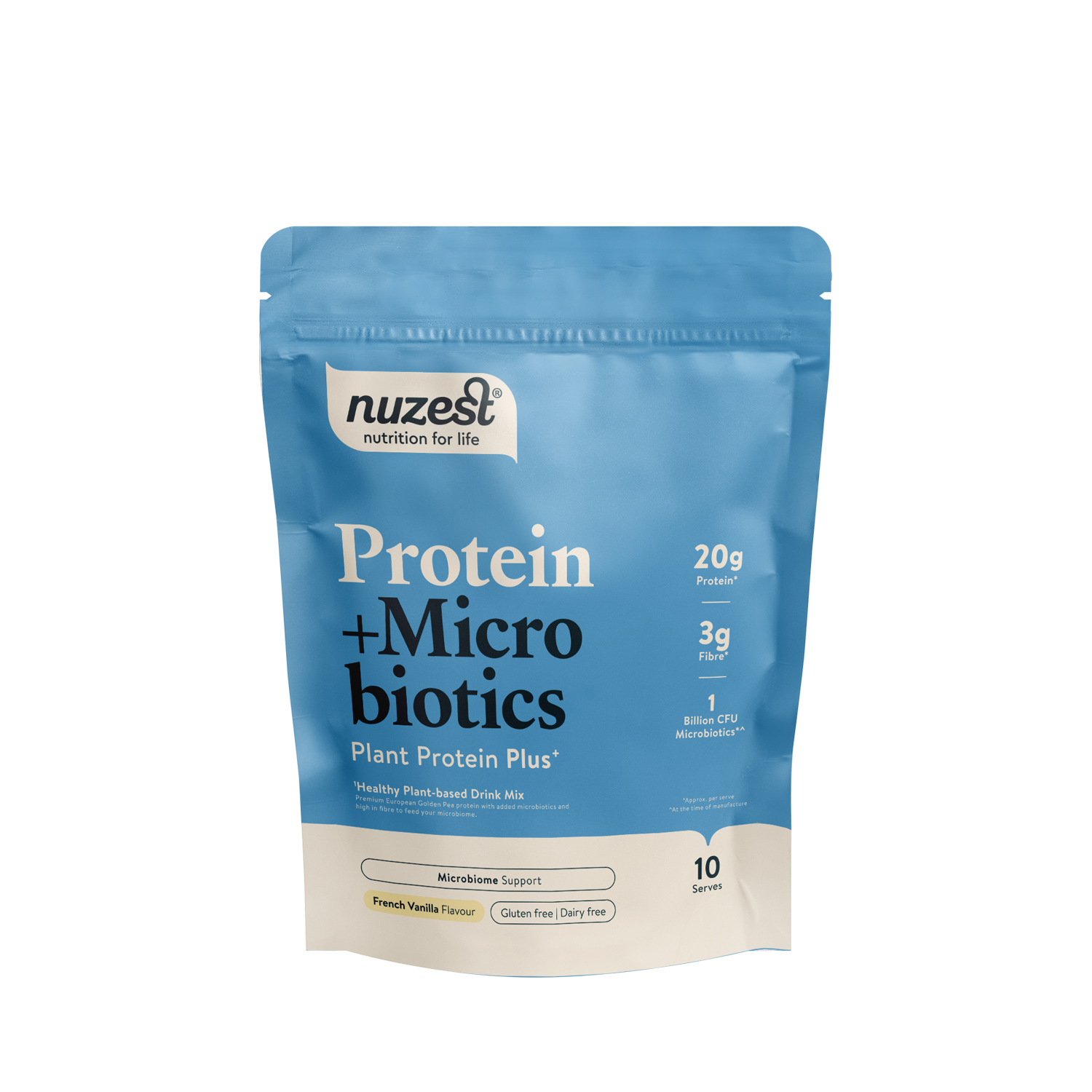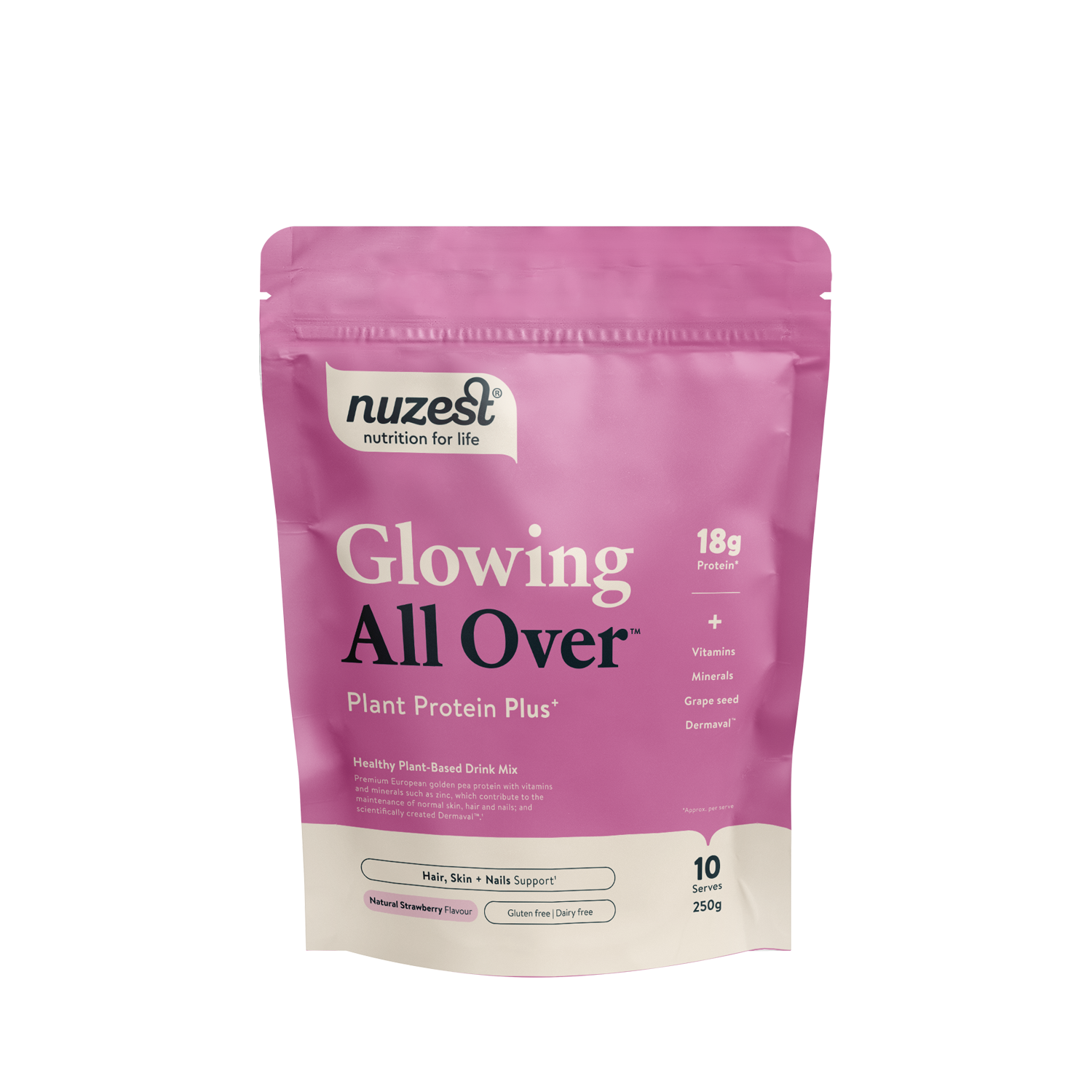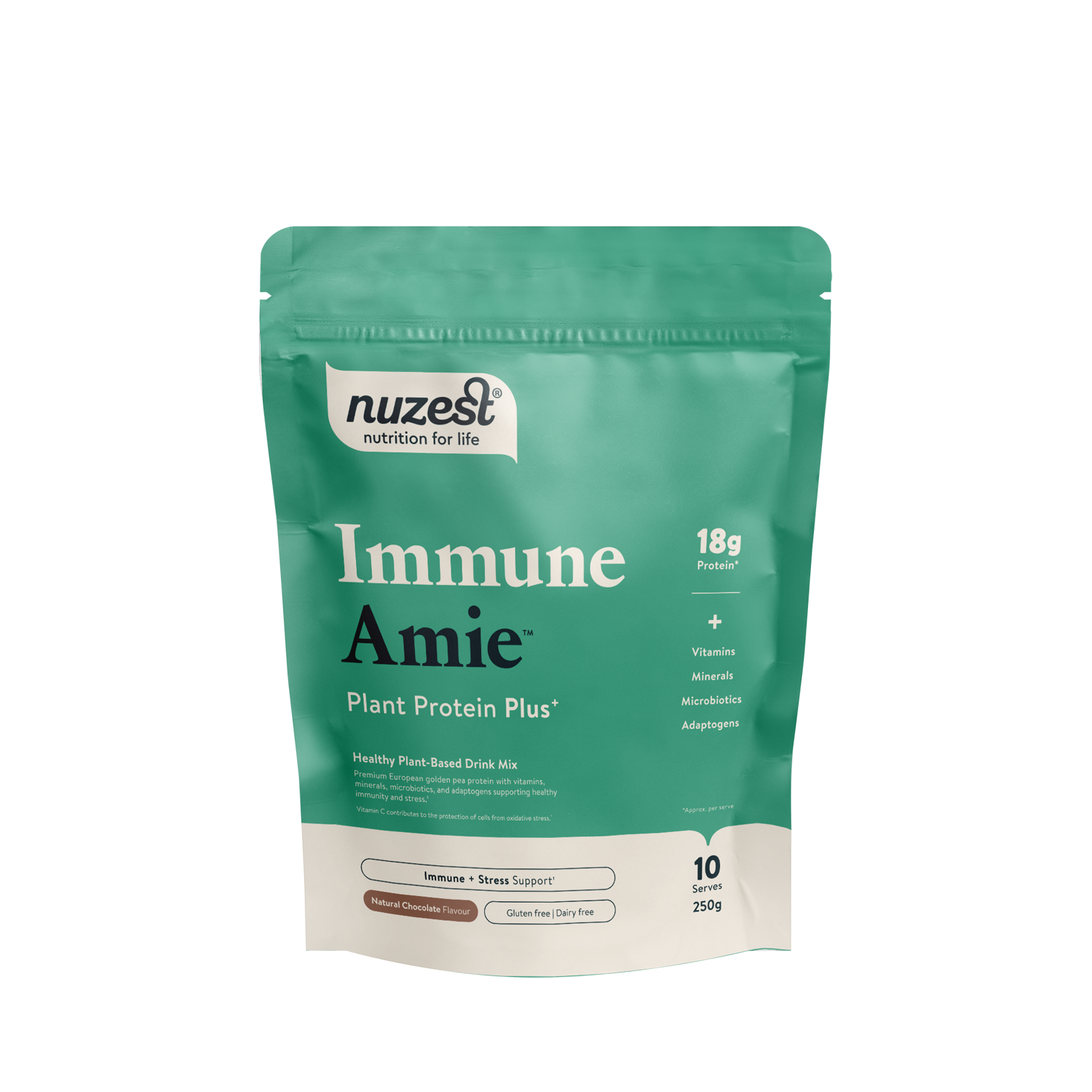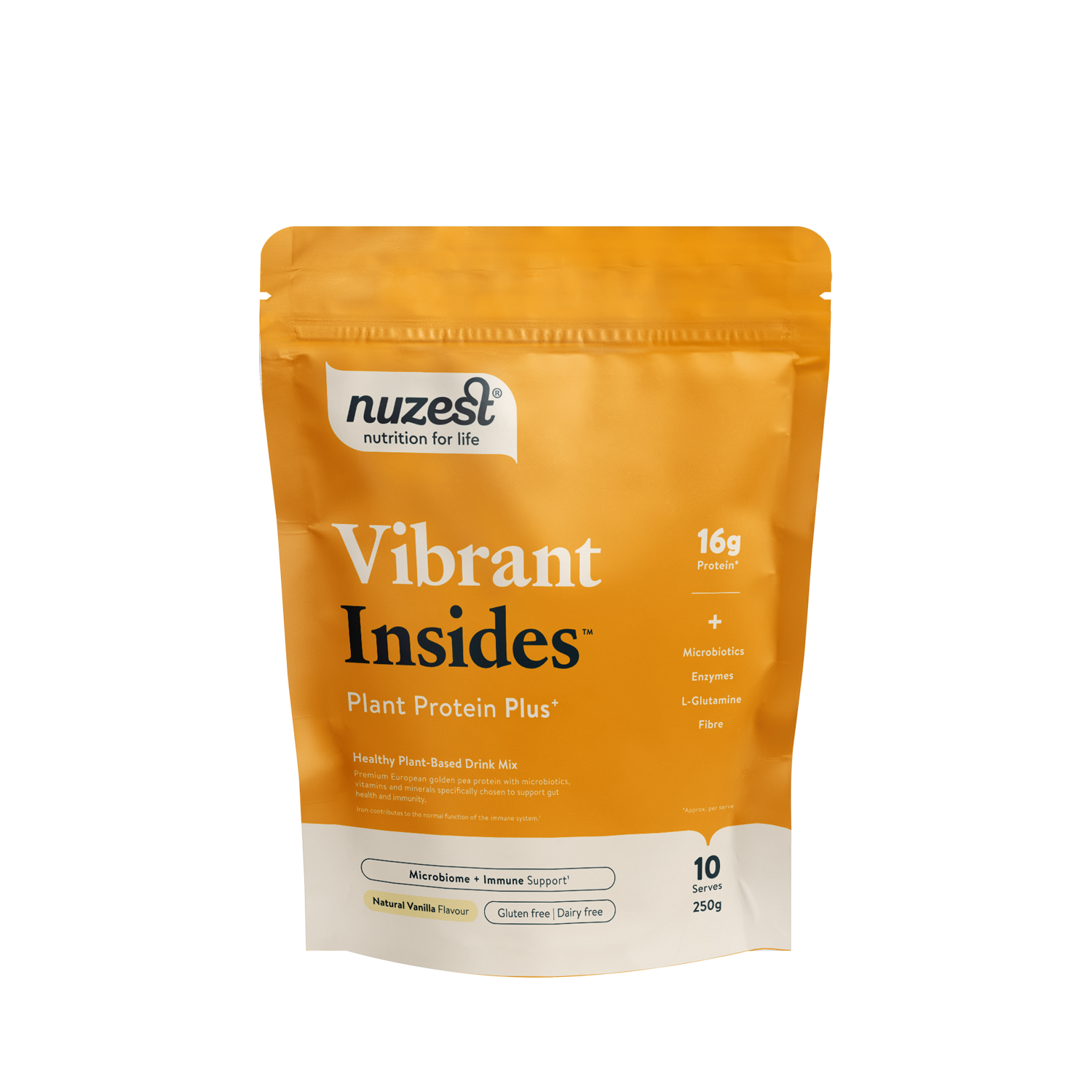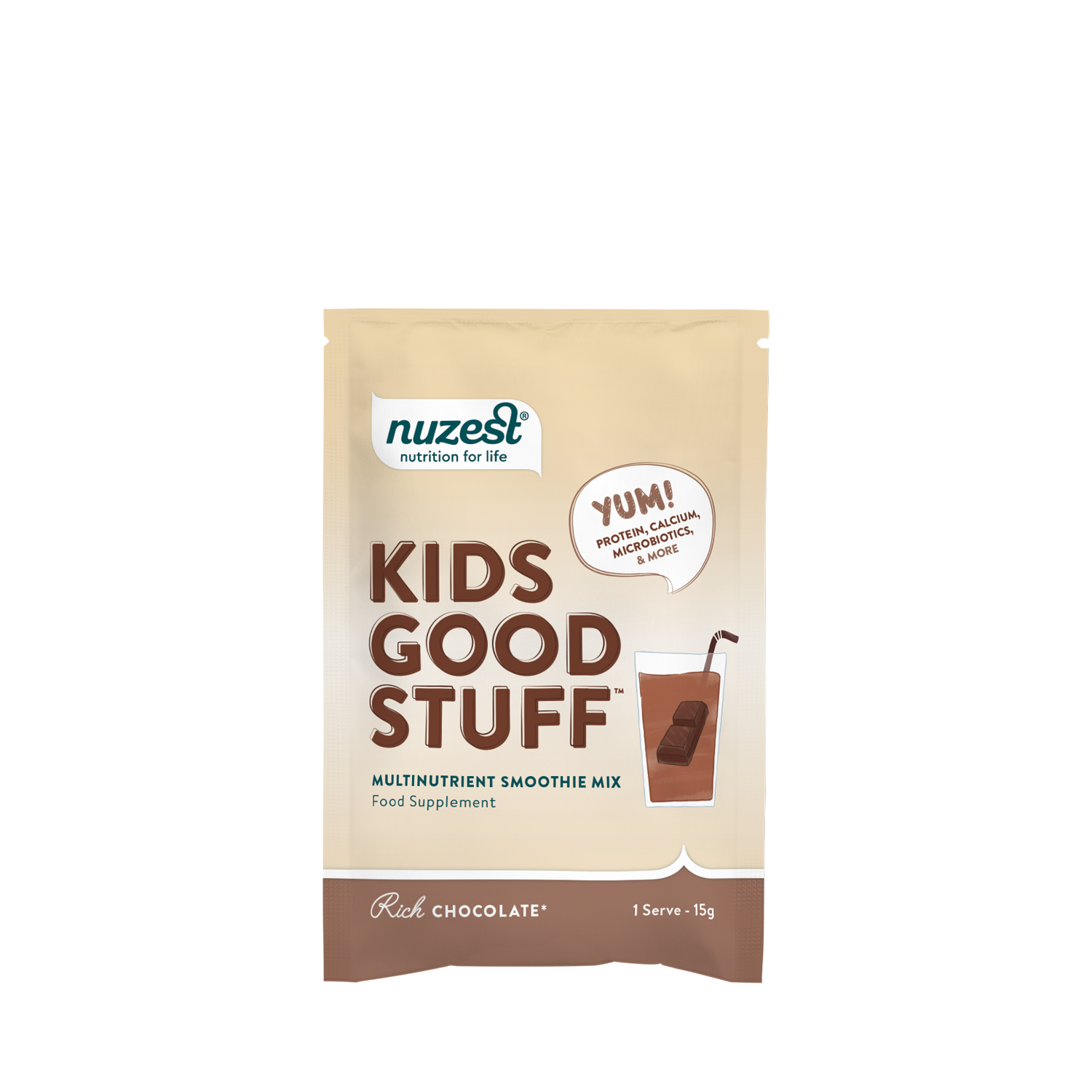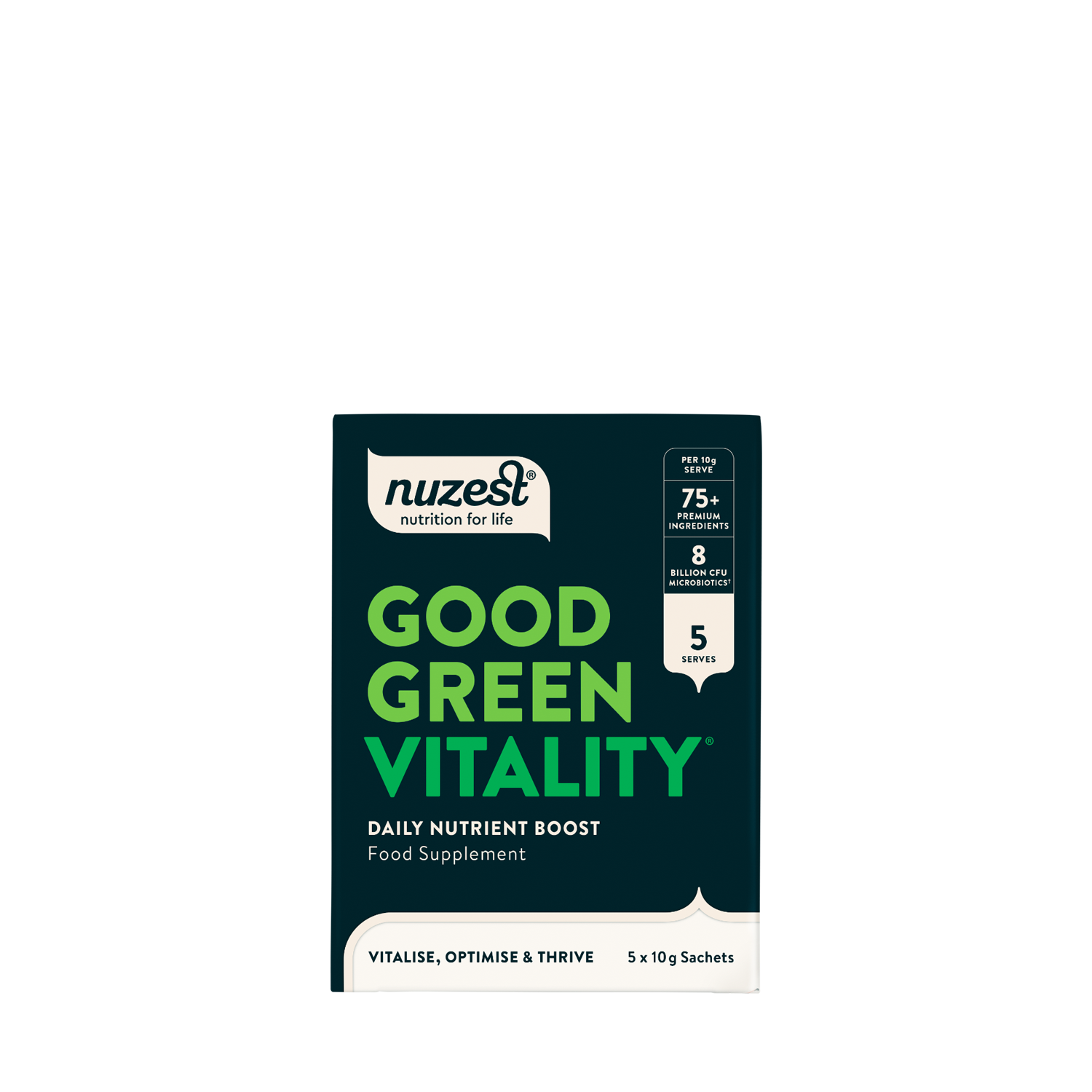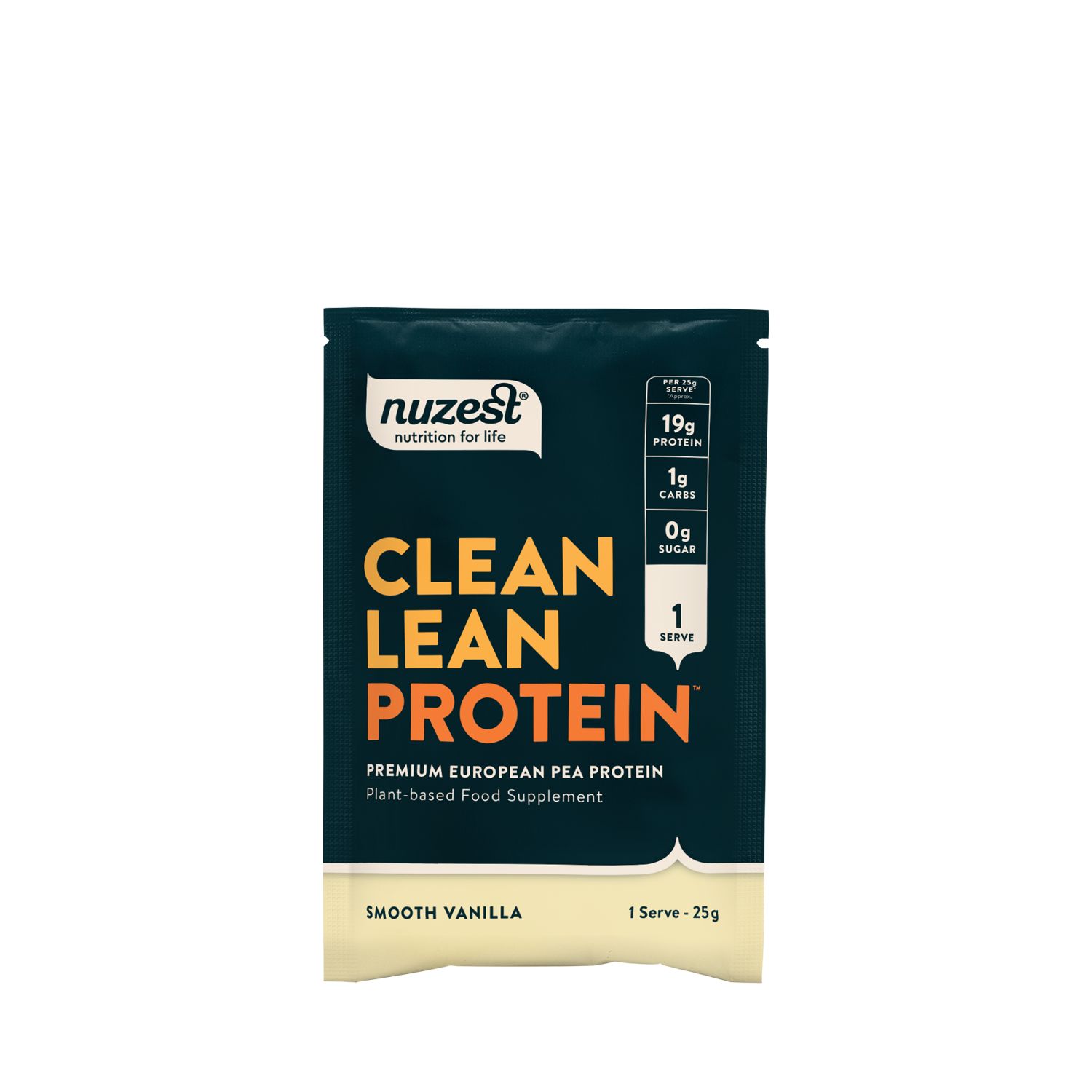Lactobacillus casei
Probiotic
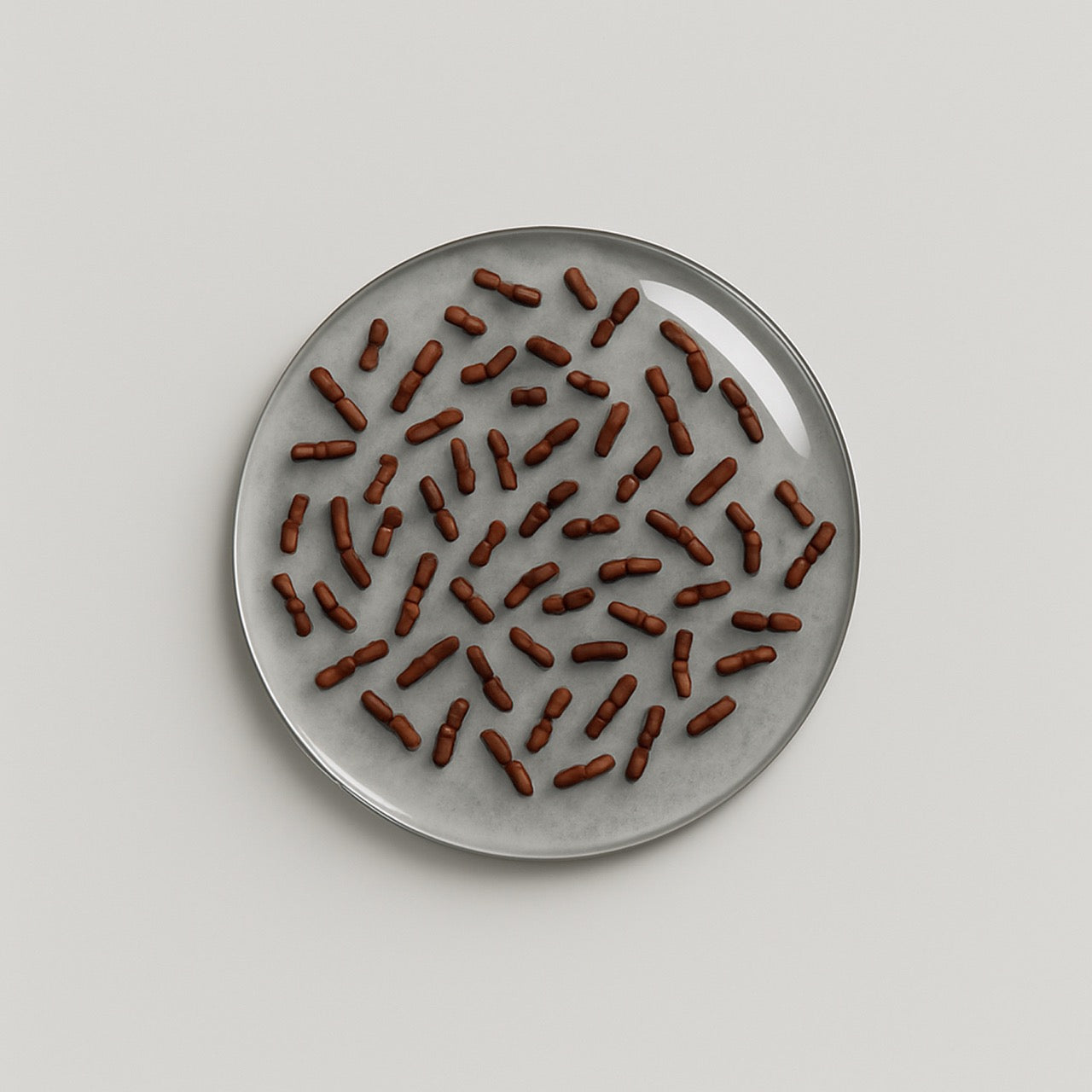
Lactobacillus casei is a probiotic bacterium used in fermented foods and dietary supplements. It is known for its ability to survive in a range of pH conditions.
Products:
How can Lactobacillus casei Support Immunity?
Lactobacillus casei contributes to immune support through its ability to modulate immune responses and promote gut health. Research has shown that certain L. casei strains can downregulate pro-inflammatory gene expression in human colonic tissue, indicating a potential role in restoring immune balance and reducing inflammation. In addition, this probiotic has been observed to stimulate the production of antimicrobial peptides and enhance the function of key immune cells, such as macrophages and dendritic cells, thereby further supporting immune system activity.
Lactobacillus casei and Gut Health
By colonising various regions of the gastrointestinal tract—including the stomach, small intestine, and colon—Lactobacillus casei plays a key role in maintaining digestive health. Its presence helps support a balanced gut microbiota, facilitates food breakdown, and enhances nutrient absorption. In addition, L. casei contributes to gut barrier integrity, inhibits the growth of harmful microbes, and promotes the production of digestive enzymes, all of which work together to optimise gastrointestinal function.¹
How Can Lactobacillus casei Support Cardiovascular Health?
Studied for its potential role in cardiovascular health, Lactobacillus casei has been shown to positively influence lipid metabolism by helping to lower LDL cholesterol and triglyceride levels while increasing HDL cholesterol. It may also contribute to reduced blood pressure and systemic inflammation, potentially through its effects on gut microbiota composition. Evidence from both clinical and animal studies has demonstrated improvements in cholesterol and blood pressure markers, indicating a supportive role for this probiotic in maintaining cardiovascular health.²
